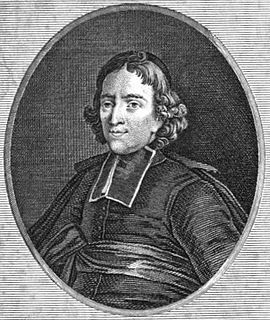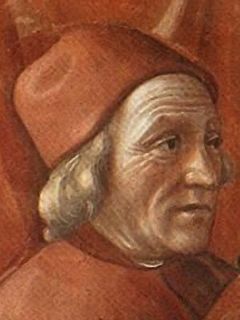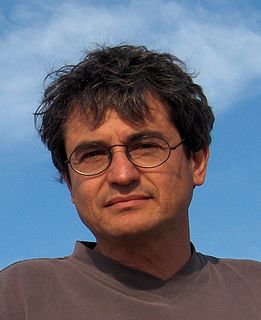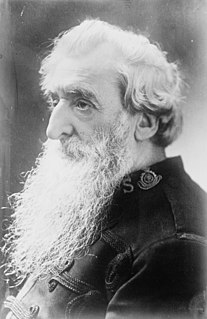A Quote by Jean Meslier
To claim that the souls of men will be happy or unhappy after the death of the body, is to pretend that man will be able to see without eyes, to hear without ears, to taste without a palate, to smell without a nose, and to feel without hands and without skin. Nations who believe themselves very rational, adopt, nevertheless, such ideas.
Related Quotes
It’s not the body that people love, but the soul. The body is a temporary vehicle. Without the soul, the body is like a car without a driver. I see through my eyes, smell through my nose, taste through my tongue, hear through my ears, feel through my skin, think through my brain, and love through my heart. But who am I? Who is the witness, enjoyer and sufferer that activates my body?
He was a foe without hate; a friend without treachery; a soldier without cruelty; a victor without oppression, and a victim without murmuring. He was a public officer without vices; a private citizen without wrong; a neighbor without reproach; a Christian without hypocrisy, and a man without guile. He was a Caesar, without his ambition; Frederick, without his tyranny; Napoleon, without his selfishness, and Washington, without his reward.
Muscles without strength, friendship without trust, opinion without risk, change without aesthetics, age without values, food without nourishment, power without fairness, facts without rigor, degrees without erudition, militarism without fortitude, progress without civilization, complication without depth, fluency without content; these are the sins to remember.
Rationality and the instinct of collaboration have already given us large regions and long periods of peace and prosperity. Ultimately, they will lead us to a planet without countries, without wars, without patriotism, without religions, without poverty, where we will be able to share the world. Actually, maybe I am not sure I truly believe that I believe this, but I do want to believe that I believe this.
The absurd man will not commit suicide; he wants to live, without relinquishing any of his certainty, without a future, without hope, without illusions … and without resignation either. He stares at death with passionate attention and this fascination liberates him. He experiences the “divine irresponsibility” of the condemned man.
Genius is neither learned nor acquired. It is knowing without experience. It is risking without fear of failure. It is perception without touch. It is understanding without research. It is certainty without proof. It is ability without practice. It is invention without limitations. It is imagination without boundaries. It is creativity without constraints. It is...extraordinary intelligence!
Without culture there can be no growth; without exertion, no acquisition; without friction, no polish; without labor, no knowledge; without action, no progress; and without conflict, no victory. The man who lies down a fool at night, hoping that he will waken wise in the morning, will rise up in the morning as he laid down in the evening.









































